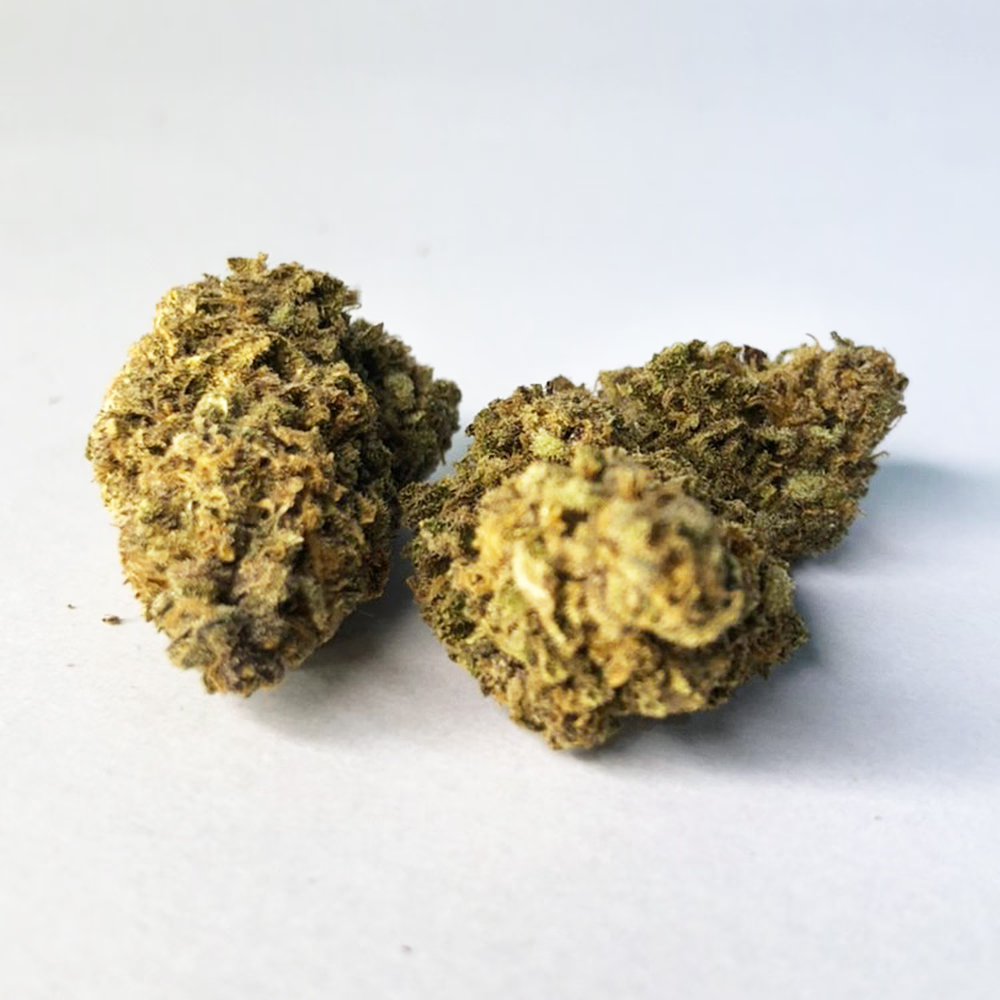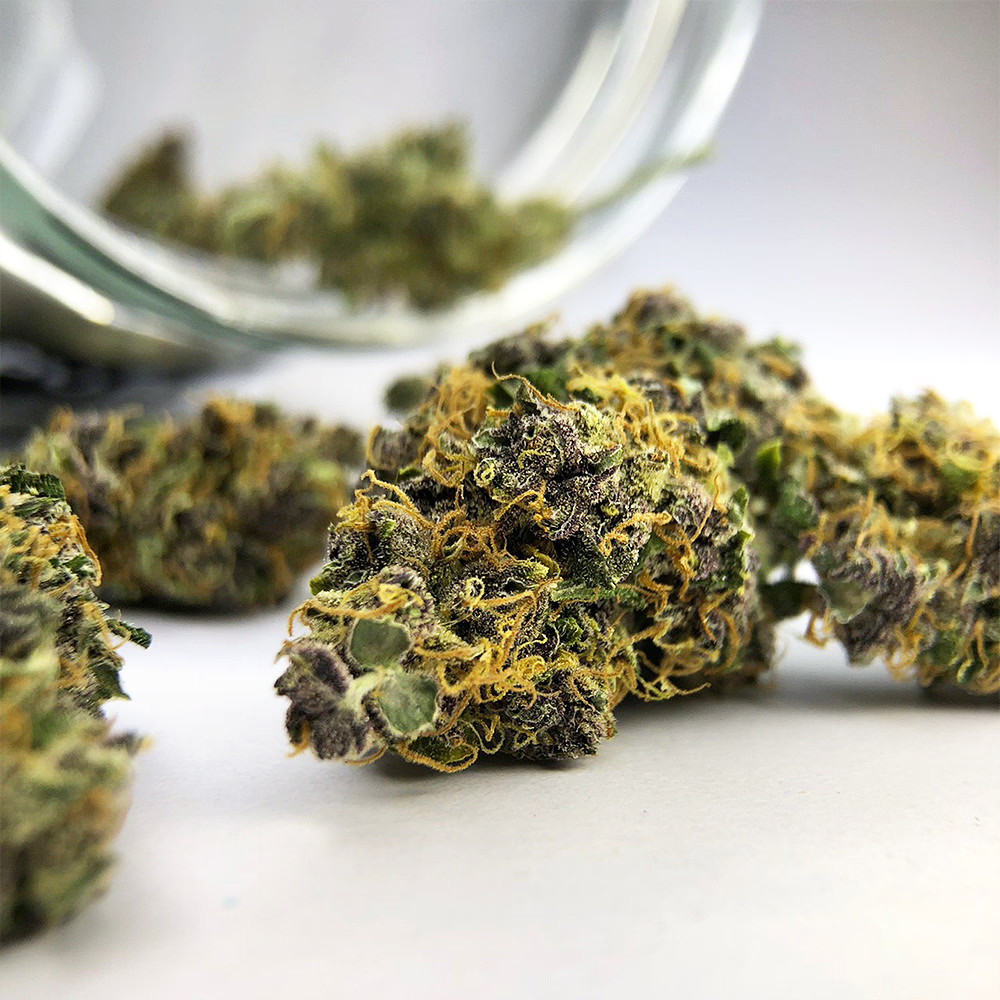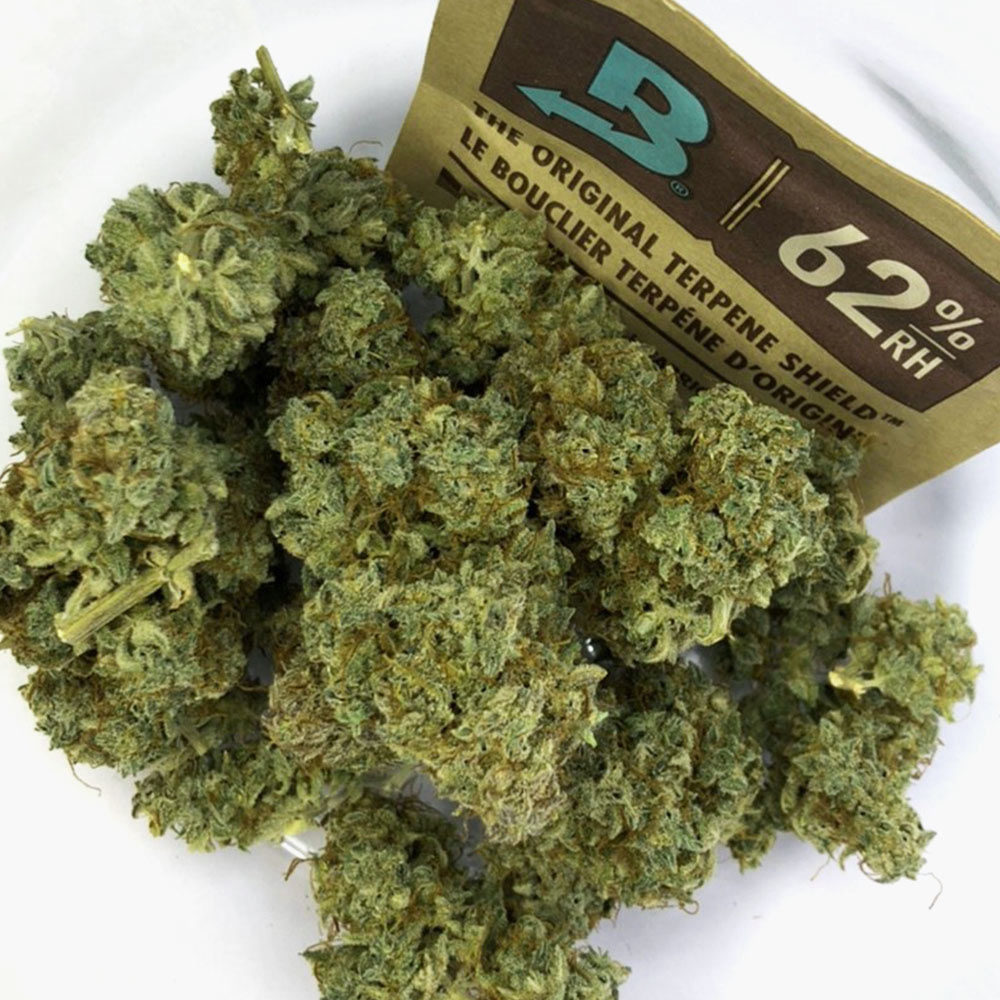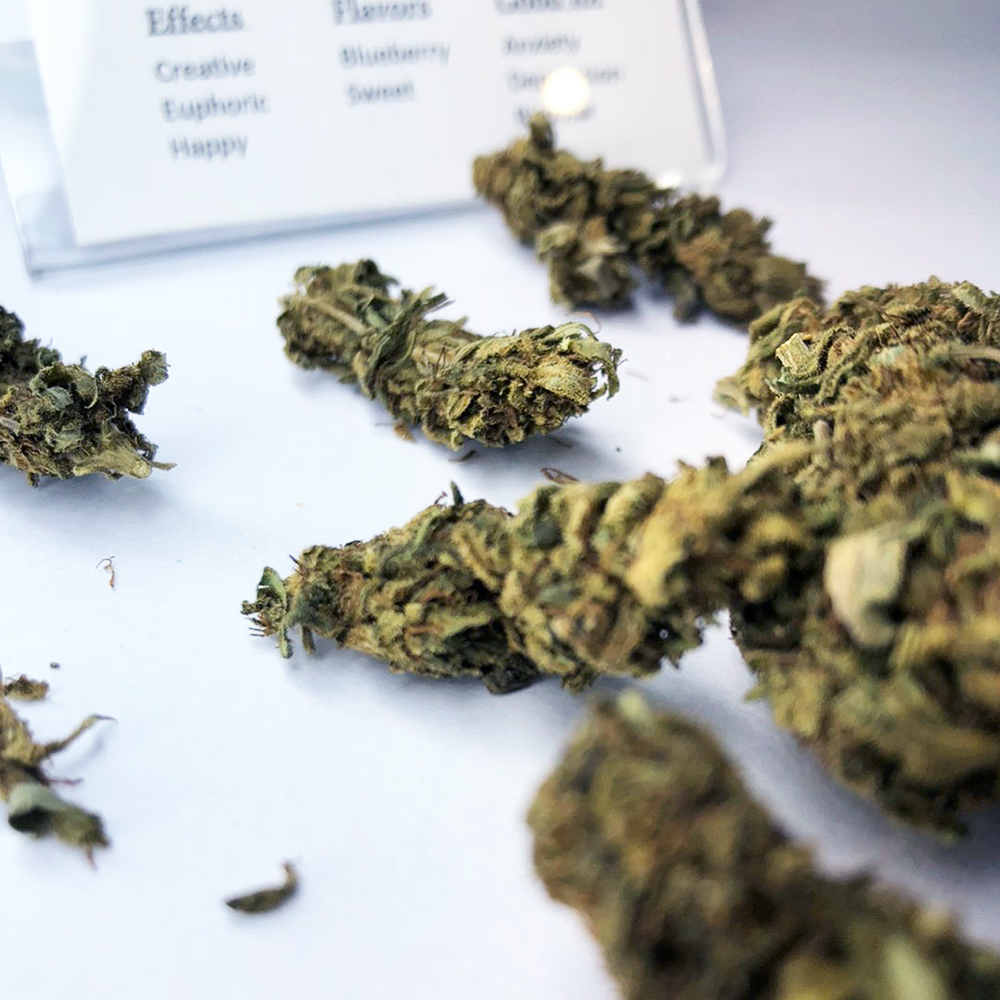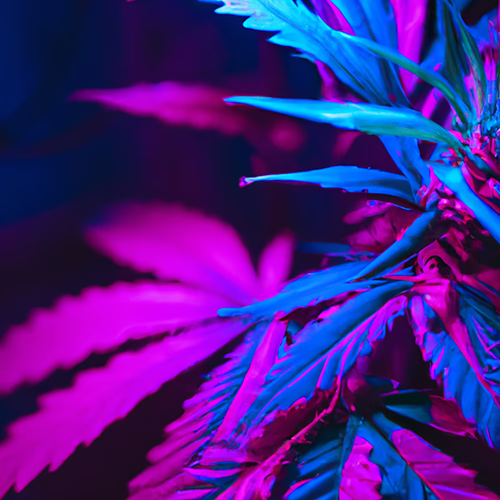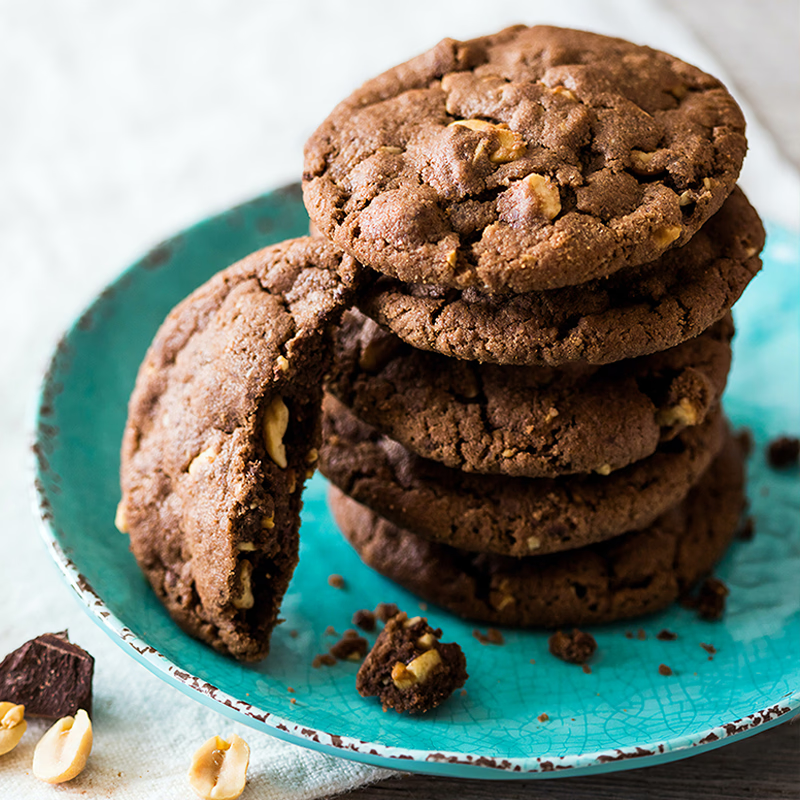Difference between THC and CBD
The Differences You Need to Know Cannabis is a plant with a long history of use as a medicine dating back thousands of years, and cannabidiol (CBD) is a naturally occurring chemical found in the resinous flower of Cannabis. One of over a hundred "phytocannabinoids" that are specific to Cannabis and provide the plant with its solid therapeutic potential, CBD is a safe, non-addictive chemical. Scientists and medical professionals all around the world are currently examining and confirming the therapeutic benefits of CBD. However, the difference between THC and CBD is further given in this post.
Tetrahydrocannabinol (THC), a crucial medicinally active phytocannabinoid responsible for the "high" or psychoactive effect associated with Cannabis and CBD, are closely linked. Unlike THC, CBD doesn't give you a high or make you feel drunk.
A more profound comprehension of the function of cannabinoids in maintaining human health resulted from the 1990s discovery of the endocannabinoid system. Endocannabinoids are signaling molecules interacting with cannabinoid receptors in humans' neurological and immunological systems. These receptors are located in the brain, organs, connective tissues, glands, and other body parts.
Another critical area of study into the therapeutic potential of Cannabis is the endocannabinoid system. The endocannabinoid system regulates numerous physiological functions related to mood, hunger, fertility, and pain perception. Hemp is one of the cannabis cultivars that produce CBD. THC, the substance that gives Cannabis its "high," is present in hemp in amounts of 0.3% or less. From cannabis flowers or hemp, CBD can be extracted. As a non-psychoactive substance, CBD differs from THC in its products. CBD doesn't make you feel "high" or drunk. CBD provides several health advantages, such as lowering anxiety, easing pain, and enhancing sleep.
Oil, tincture, pills, and topical creams are just a few of the CBD products that can be found on the market. These items include varying amounts of CBD. Frequently, a product's label will state how much CBD is present. Side effects are uncommon with CBD, and it is typically well tolerated. However, some people might feel sleepy, dizzy, or have dry mouths.
CBD is a substance that shows promise in treating many ailments, such as anxiety, pain, and sleep disturbances. More research is required to comprehend the consequences and application possibilities fully.
What is THC?
The main psychotropic ingredient in marijuana is THC. It is what causes the plant's distinctive high. To exert its effects, THC interacts with cannabinoid receptors in the brain. Tetrahydrocannabinol is abbreviated as THC.
The dried flower of the Cannabis Sativa or Indica plant is often what is used as marijuana. The plant includes more than 100 distinct cannabinoid-class compounds. The most well-known cannabinoid is THC. Because they are soluble in fat, cannabinoids enter the body through fatty tissues. THC enters the circulation when marijuana is smoked and travels to the brain. THC binds to cannabinoid receptors in that location. The parts of the brain that control memory, pleasure, movement, and coordination include these receptors. The psychoactive effects of marijuana are caused by THC, which changes how information is processed in the brain.
Additionally, THC is primarily accountable for marijuana's therapeutic effects. THC can lessen nausea and boost appetite. Additionally, it can lessen pain and inflammation. According to some research, THC may aid in treating anxiety and mental illnesses.
The effects of marijuana change depending on the person. The psychotropic properties of the plant are dosage-dependent; the more potent the effects, the higher the dose. THC's effects can change when combined with other substances and treatments.
In different nations, marijuana is legal in different ways. Many states and nations permit the use of marijuana for medicinal purposes. Recreational marijuana use is permitted in certain states.
The short-term effects of THC include:
Altered sense of time
Impaired body movement
Slowed reaction time
Increased heart rate
Red eyes
Dry mouth
Increased appetite
Paranoid thoughts
Anxiety
Short-term memory impairment
The long-term effects of THC include:
Impaired memory and learning
Difficulty thinking and problem-solving
Increased anxiety and paranoia
Depression Addiction
Marijuana use can also result in psychotic symptoms in some individuals.
Usually, people who smoke marijuana use pipes, bongs, water pipes, or hand-rolled cigarettes. After smoking marijuana, the effects typically take effect within minutes and can linger for several hours. Using an e-cigarette or vape pen allows you to evaporate it as well. Additionally, consumables like brownies, pastries, or candies might contain marijuana.
The effects of marijuana consumption can be both immediate and long-term. The psychotropic properties of the plant are dosage-dependent; the more substantial the effects, the higher the dose. THC's effects can change when combined with other substances and treatments.
CBD vs. THC
The two primary cannabinoids included in the cannabis plant are THC and CBD. Though they differ significantly in some critical areas, they are similar in many ways. The main psychoactive ingredient in Cannabis is THC. You get high from it. Contrarily, CBD has no psychotropic effects. The "high" associated with Cannabis is not produced by it.
While CBD and THC affect the body's endocannabinoid system, their effects are distinct. The brain's CB1 receptors, which are involved in memory, thought, and coordination, is where THC binds. The CB2 receptors, which are present all over the body and are in charge of pain and inflammation, are what CBD binds to.
For its possible therapeutic effects, CBD is being researched. The side effects of CBD include dry mouth, diarrhea, and decreased appetite, which are often well tolerated. Compared to CBD, THC is more likely to have adverse effects, including anxiety and paranoia.
The medicinal potential of THC is another area of research. It can potentially cure many disorders, including epilepsy, anxiety, pain, and inflammation. It works well to relieve pain, motion sickness, and decreased appetite.
In conclusion, CBD and THC are both healthy components of Cannabis. They both can treat various ailments despite having different impacts on the body.
